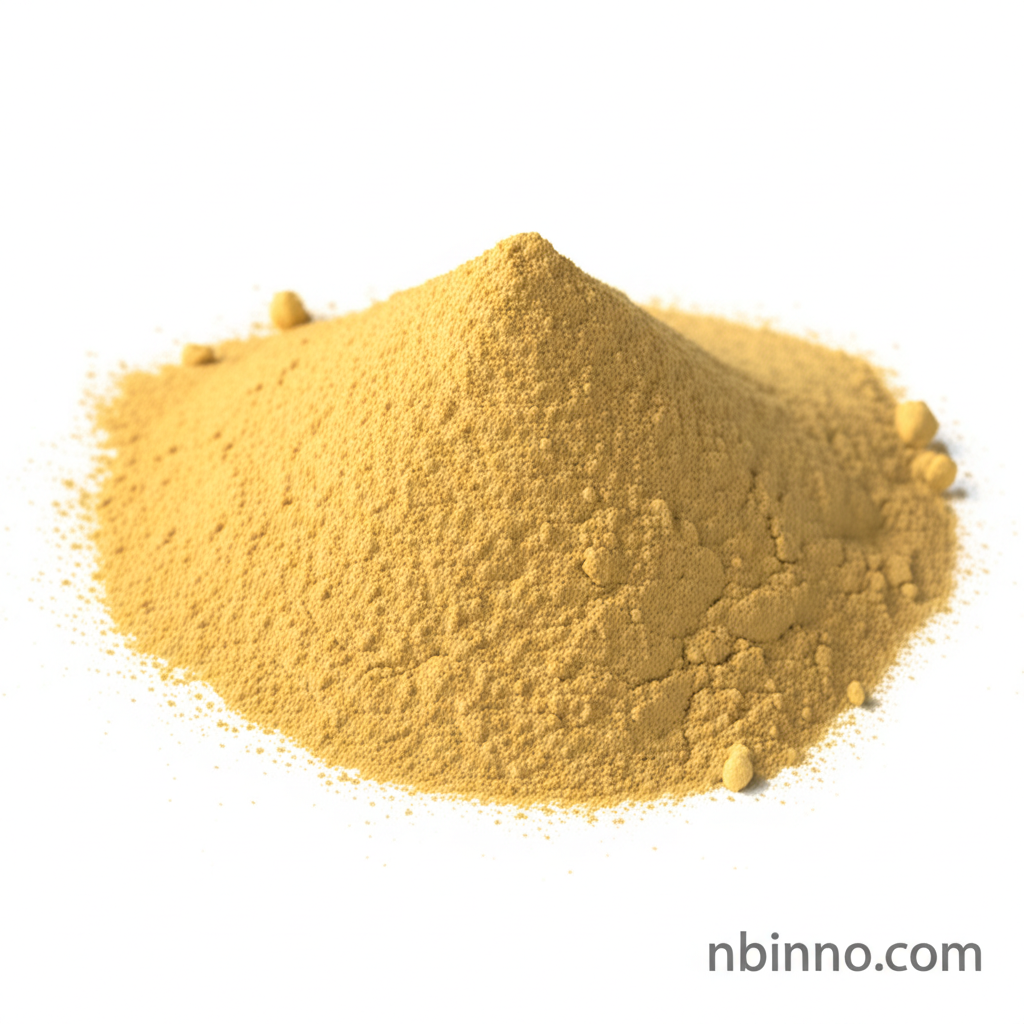Caffeic Acid: Unveiling its Multifaceted Benefits and Applications in Health and Wellness
Discover the potent antioxidant and therapeutic potential of this remarkable plant-derived compound.
Get a Quote & SampleProduct Core Value

Caffeic Acid
Caffeic acid is a naturally occurring organic compound found in a variety of plants, revered for its powerful antioxidant, anti-inflammatory, and potential anticancer properties. It plays a crucial role in protecting cells from oxidative stress and is a key hydroxycinnamic acid compound with significant health implications.
- Explore the caffeic acid antioxidant properties that help combat free radical damage in the body.
- Understand the caffeic acid anti-inflammatory effects that may aid in managing various inflammatory conditions.
- Learn about the promising caffeic acid anticancer activity and its role in potential cancer prevention and treatment strategies.
- Discover the caffeic acid in cosmetics and its use as a natural ingredient for skin health and anti-aging benefits.
Key Advantages
Antioxidant Powerhouse
Harness the capabilities of caffeic acid to fight oxidative stress, a key factor in aging and various chronic diseases, by understanding polyphenols health benefits.
Inflammation Management
Caffeic acid's anti-inflammatory effects are well-documented, offering a natural approach to reducing inflammation, making it a valuable component in health supplements.
Skin Rejuvenation
Utilize caffeic acid for its potential anti-aging properties in skincare, protecting the skin from damage and promoting a more youthful appearance.
Key Applications
Health Supplements
As a naturally occurring compound, caffeic acid is incorporated into dietary supplements to leverage its antioxidant and anti-inflammatory properties, supporting overall wellness.
Cosmetic Industry
Its antioxidant and potential skin-protective qualities make caffeic acid a sought-after ingredient in anti-aging serums, sunscreens, and other skincare products.
Scientific Research
The compound is extensively studied for its pharmacological aspects, particularly its role in combating diseases like hepatocarcinoma, exploring its caffeic acid biosynthesis pathway.
Functional Foods
Found in foods like coffee and wine, it contributes to the health benefits associated with these beverages and can be explored for functional food applications.
